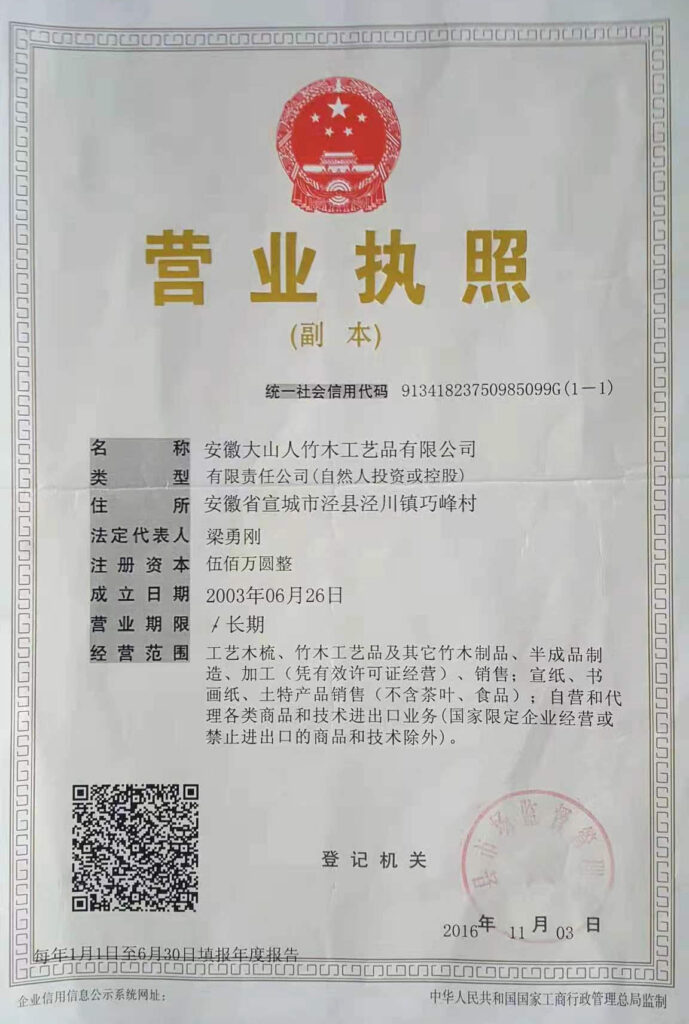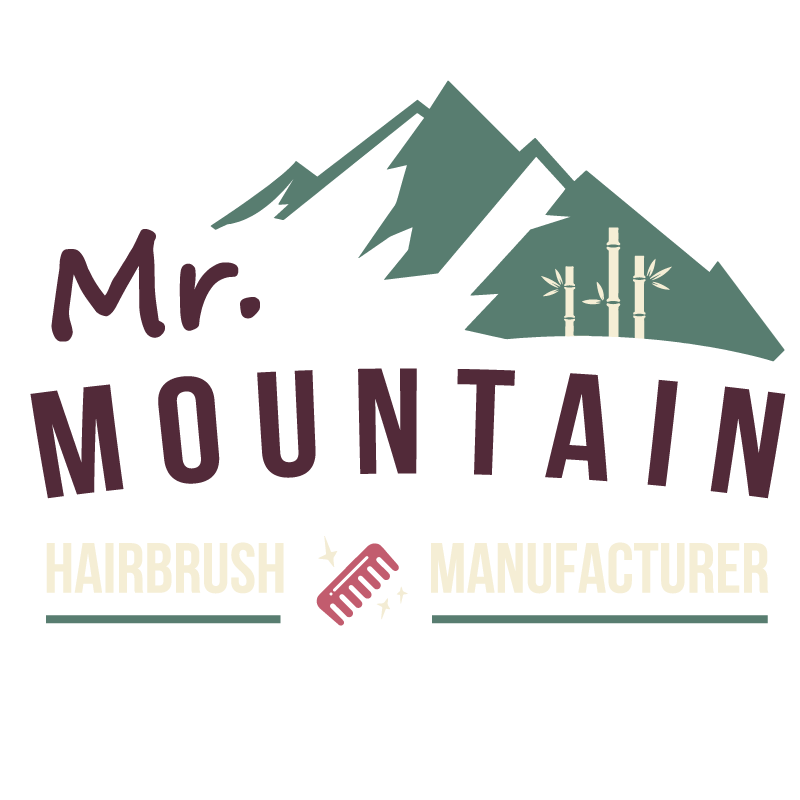
When importing certain products from China, importers ought to know if they are dealing with a factory or a trading company. When you buy directly from the factory, you can often get a better price. There are a lot of different types of suppliers who say they are the “factory”. There are suppliers on Alibaba, and many others who claim to be manufacturers but in reality, they’re just trading companies. Your suppliers are a crucial part of your sourcing business, and you want to be sure they’re legit. There are many articles on the Internet that teach importing how to do this, but few seem to offer sensible solutions.
In this article, we’ll explore the benefits of outsourcing and 5 tips on how to identify if your provider is legit.
Part One: First let’s talk about the two most common suggestions, but they don’t help at all.
1. Would you send us some photos and videos of the factory?
Some people ask their suppliers to provide photos and videos of their facilities to verify that they are a factory. It is easy, though, for them to pretend they are. More and more people are opening their companies’ information up to the public, and trading companies have really easy access to it. If you provide them with the necessary contacts, they can also ask the factory in person – even arranging a live speech for you.
2. Request samples or inquire about a company’s address to validate their claims.
Others recommend that importers ask for a sample before ordering an item from a certain supplier. You can see the product quality and find out where the supplier is located at. This company is a factory if the office address matches the registered address on their business registration; otherwise, it is a trading company. Unfortunately, this method doesn’t really work in China or other countries. The registered address of a factory and its office address may differ. Middle and SME-scale factories frequently rent their workshops, so they may move to another location in 2-3 years. They will, however, not update the registered address. Most factories and offices nowadays are in separate locations because they are “space hogs,” according to the CEO of Rockford Construction.
Part Two:5 ways to verify whether your supplier is a factory
1. Check the Business License
When you’re checking a supplier’s business license, the most important detail to check is their scope of business. The best way to make sure your supplier doesn’t counterfeit your product is to send it straight from the warehouse.
A factory’s business scope must include words like “manufacture or produce” – whereas a trading company wouldn’t mention these at all. You should send your supplier’s business license to a reliable friend who understands Chinese well for a check. If you don’t want to get involved in the translation yourself, then Upwork is a good option, as it’s only a few dollars.

2. Check Supplier’s MOQ
Factories have larger minimum order quantities than trading companies, which is a pretty common point in the business world. So you can verify your potential suppliers by testing their willingness to support the purchase of smaller quantities of products. For example, you can tell your supplier you’re only looking to purchase 300 pieces as a trial order and if they please you, then you’ll be ordering more. The factory does not accept orders of less than 1,000 pieces. But the trading company may accept 300-piece orders.

3. Check the Products Catalog
If your supplier’s catalog contains many different types of products, it is more likely to be a trading company.It is more likely to be a trading company if the catalog of your supplier contains many different types of products.
I know a wig factory (300 workers, around 80 km away from my office) that is among the TOP 10 in the Chinese wig industry. Except for wigs, they also sell extension hairbrushes, but these are supplied by other smaller factories. This company’s hairbrushes price is even higher than other trading companies quoted. But if your wig suppliers supply wigs, extension hair, wig accessories, salon products, etc. They are not factories.

4. Check the Factory Auditing Reports
When your supplier claims they’ve supplied products to Walmart, the best thing to do is ask them for an audit report of their factory. It’ll ensure that they’re not just using unethical practices and claiming they supply Walmart. It is likely that they’re a trading company if they refuse or hesitate. Have a look at the name of the company on the factory auditing report if they send it to you. With a business license with the same name as the company, it is obvious that this must be some sort of factory.

5. Check the ISO 9001 Certification
Every factory needs to have ISO 9001 certification if they plan on trading goods. However, not every company that is a trader has this standard because they don’t need it. Despite the fact that many leading trading companies with certifications are successful, there are also a lot of companies that specialize in single product categories. They have a strong relationship with the factories, which means they have trust in them. I know a lot of these types of trading companies, and I have to say that their prices are not much different from the prices at factories. If you work with them, it will be like working with a factory.




